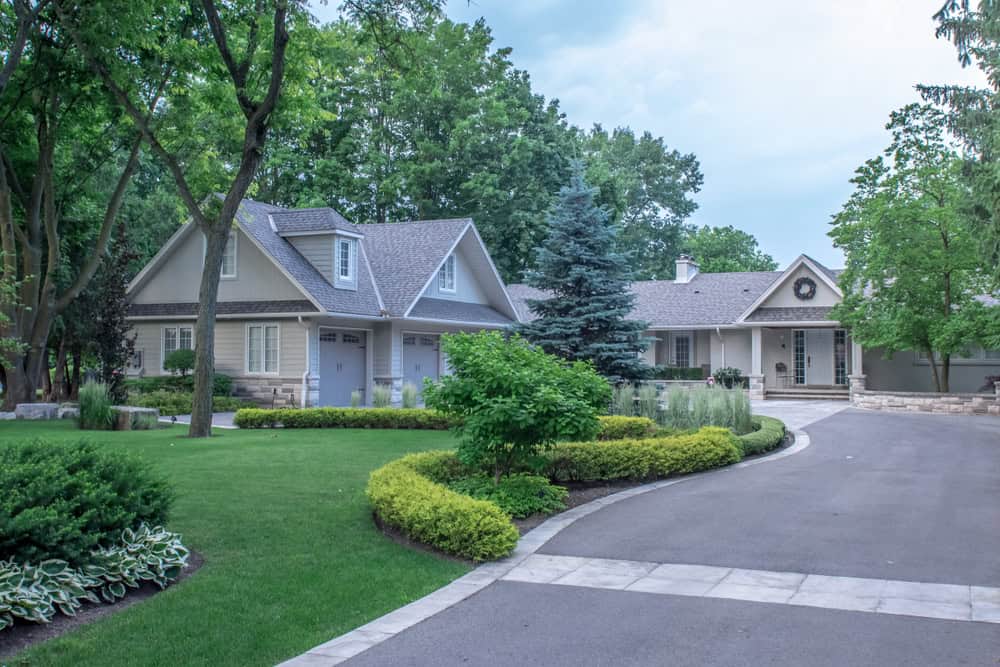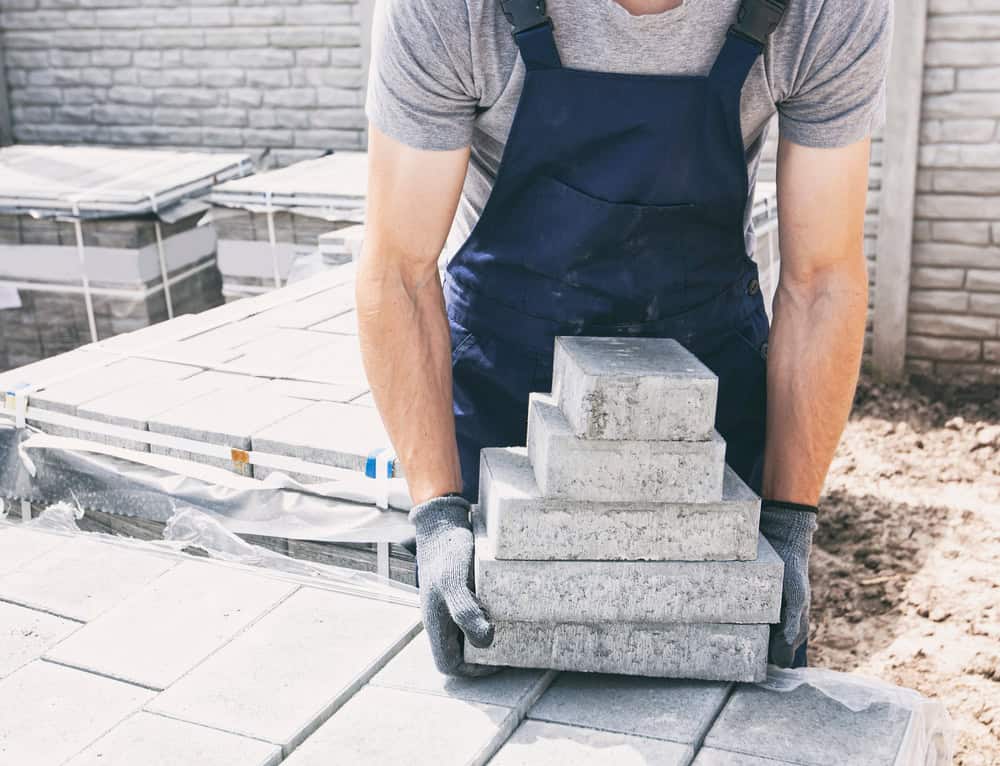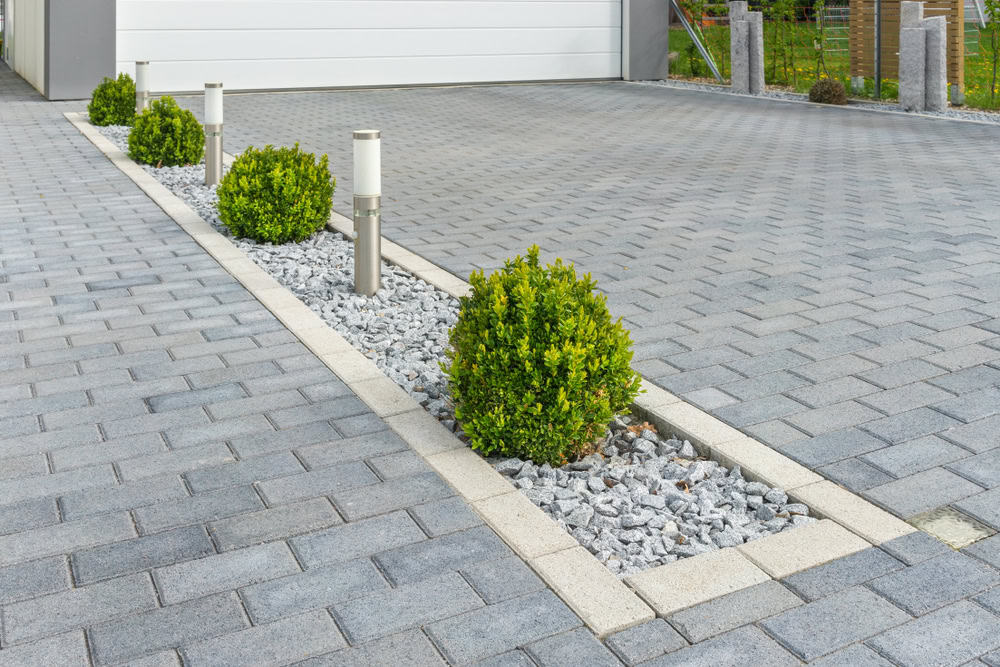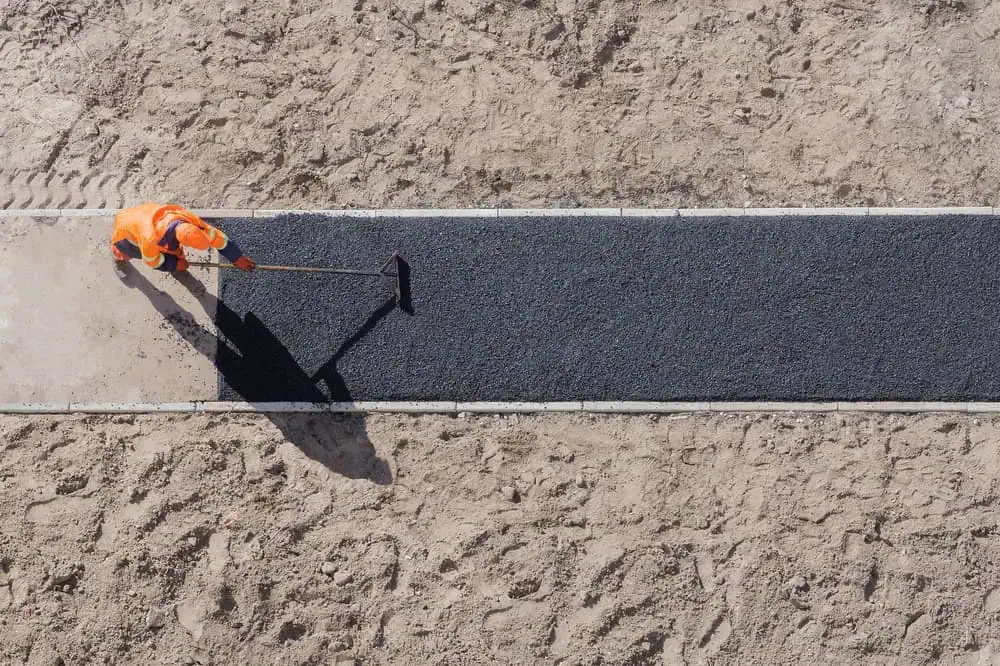Professional paver installation that handles New England weather while creating the backyard you’ve been planning.


Your outdoor space should work as hard as you do. That means pavers that don’t shift when the ground freezes, surfaces that drain properly during heavy rains, and materials that look good year after year.
When paving installation is done right, you get a patio where you can actually set furniture without worrying about wobbling table legs. You get walkways that don’t turn into ice rinks every winter. You get driveways that handle the weight of your vehicles without cracking or settling.
The difference is in the details most contractors skip. Proper base preparation, correct sand leveling, and understanding how Massachusetts soil behaves through freeze-thaw cycles. These aren’t just technical requirements – they’re what separate outdoor spaces that last from ones that become expensive problems.
Academy Masonry has been handling paver installations in Tewksbury and surrounding areas for years. We understand local soil conditions, drainage patterns, and how different materials perform in our climate.
Most paving problems happen because contractors treat every job the same way. We don’t. Clay soil in one part of town behaves differently than sandy soil in another. Slopes near the Merrimack River need different drainage solutions than flat lots on higher ground.
You’re not just hiring paving contractors – you’re working with people who know why certain pavers fail in New England and how to prevent those problems from the start.

Every paver project starts with understanding your space and what you need it to do. We measure, assess drainage, and discuss material options that make sense for your specific situation and budget.
Excavation comes next, followed by base preparation – the part that determines whether your pavers will still be level in five years. We compact in lifts, not all at once, because proper base work takes time. Then comes sand leveling, paver installation, and edge restraints that actually hold everything in place.
The final step is joint sand application and compaction. This locks everything together and prevents weeds from growing between pavers. We clean up completely and walk through the finished project with you, explaining basic maintenance that keeps everything looking good.

Ready to get started?
Every paving installation includes proper excavation, engineered base preparation, and professional-grade materials. We handle permits when needed, coordinate material delivery, and manage the entire process from start to finish.
You get detailed estimates that break down materials and labor costs. No surprises, no change orders for things that should have been included from the beginning. We source pavers from established suppliers who stand behind their products with real warranties.
Tewksbury homeowners deal with specific challenges – clay soil that holds water, freeze-thaw cycles that shift poorly installed pavers, and drainage issues that turn beautiful patios into problem areas. Our installations address these local conditions because we’ve seen what happens when they’re ignored.

Local Resources